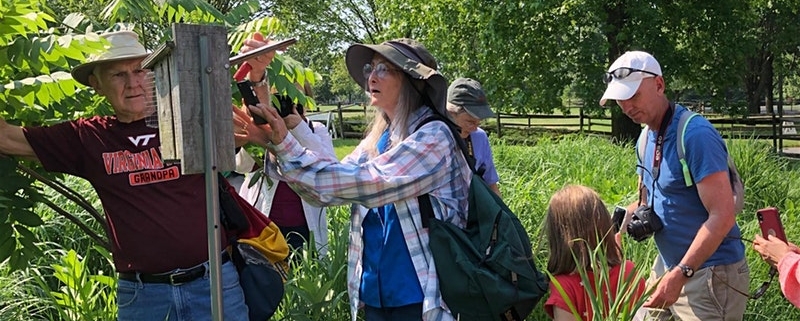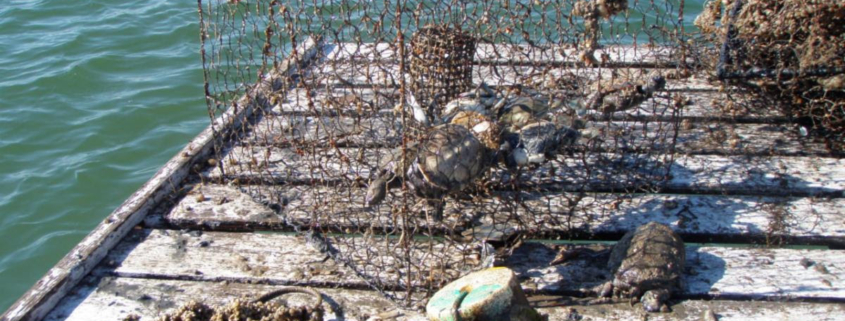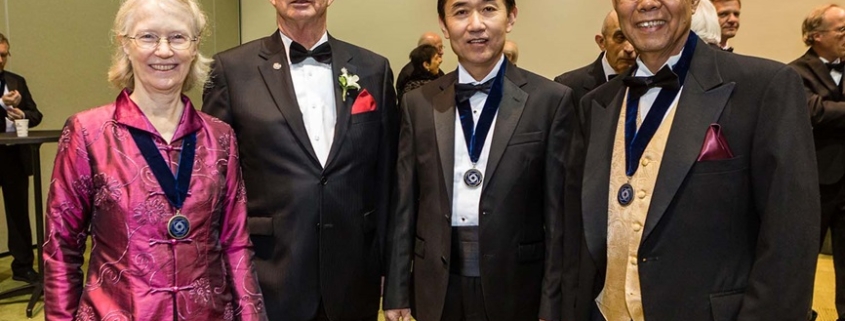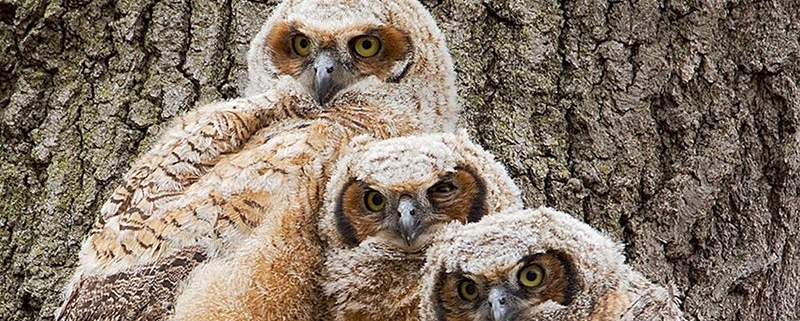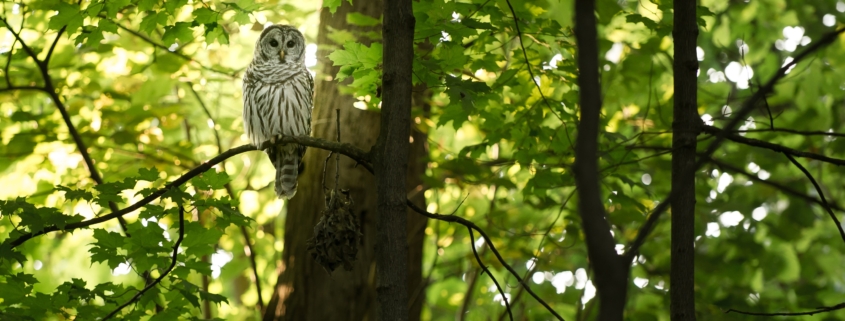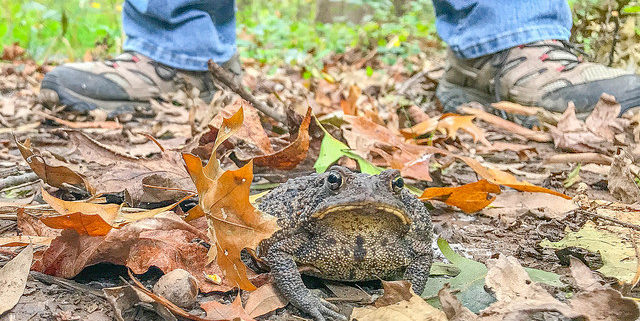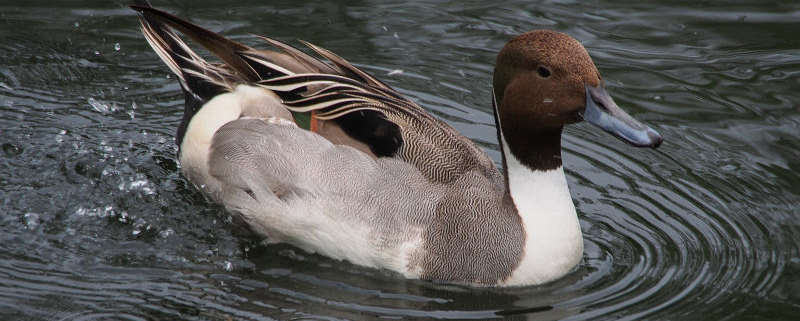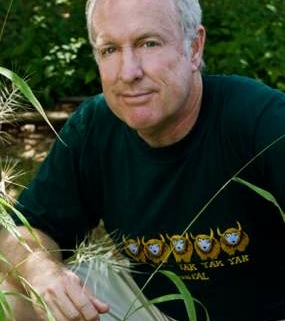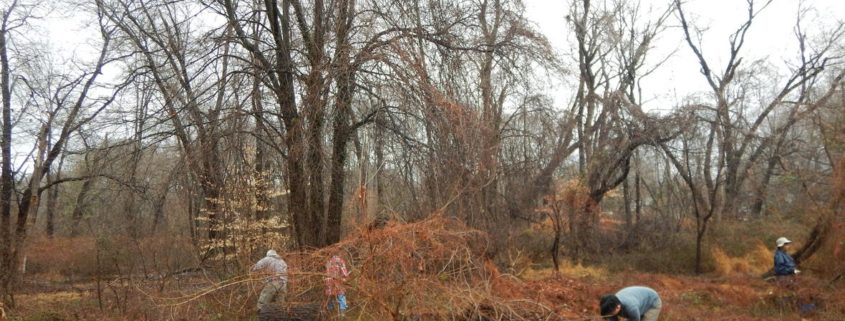Be a Citizen Scientist at Wolf Trap National Park for the Performing Arts! Bluebird and Purple Martin monitors needed. Training March 15th
Orientation and Training
Wolf Trap National Park for the Performing Arts
1551 Trap Road, Vienna, VA 22182
Sunday, 15 March 2020
1:00 to 3:30 pm
The National Park Service and Friends of Wolf Trap, would like to enlist the help of a team of volunteers who would form a Bird House Monitoring Team to monitor and maintain the Bluebird boxes and Purple Martin housing at the Park. No experience is necessary, as volunteers would be provided with training and guidance by our lead bluebird trail volunteer, Mr. Dale Thornton. Volunteers would learn about Bluebird stewardship efforts, including how to monitor the nest boxes, nest identification, and collecting and reporting nesting data to track population trends. In addition, volunteers would receive training from Mr. Mike Bishop of the Northern Virginia Purple Martin Initiative who will provide an overview of the Purple Martin and the process for monitoring and maintaining the colony.
The bluebird and purple martin monitoring season typically starts in late March and continues through August. Nests are monitored on a weekly basis during the spring/summer nesting season and volunteers will help with box repair and maintenance during the off season, on an as-needed basis. A team of trained monitors who will work on a rotating basis throughout the season and continue next year and into future seasons. Ideally, each trained volunteer would be on a three- or four-week rotation; however, the monitoring schedule and associated details will partly depend upon how many people choose to volunteer.
The interested volunteers should be adults who have received the appropriate training and hands-on experience monitoring bluebirds on the Wolf Trap bluebird trail. Children under the supervision of the trained volunteer monitor are welcome to assist the volunteer while they are conducting their monitoring duties.
Interested volunteers please sign up here. For more information, contact Allen Hoffman (Friends of Wolf Trap and FMN)
Master Naturalists may receive service hours at S263, Wolf Trap Stewardship Projects.


